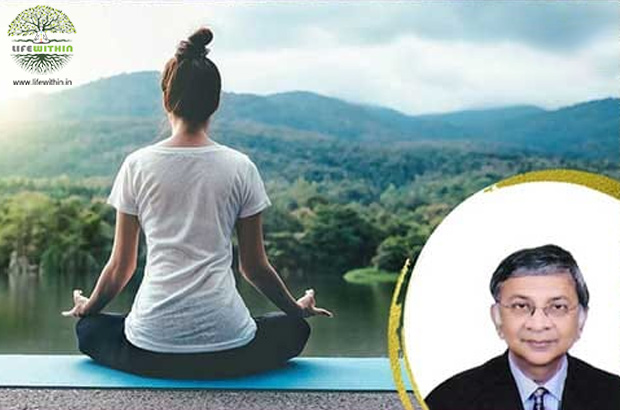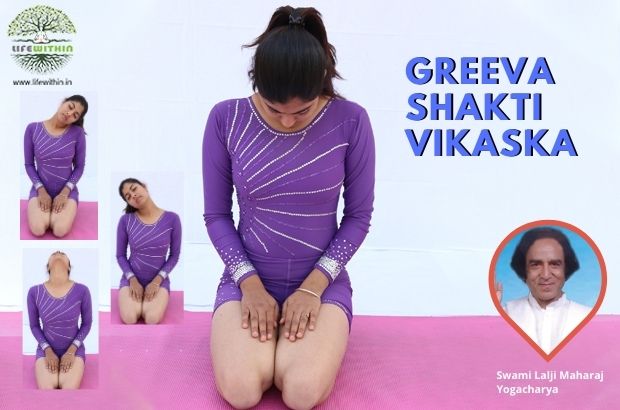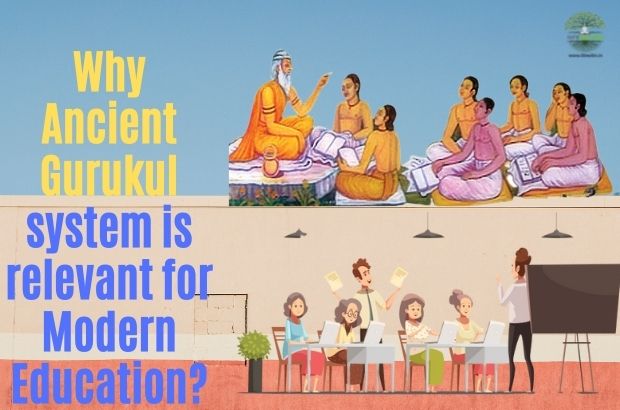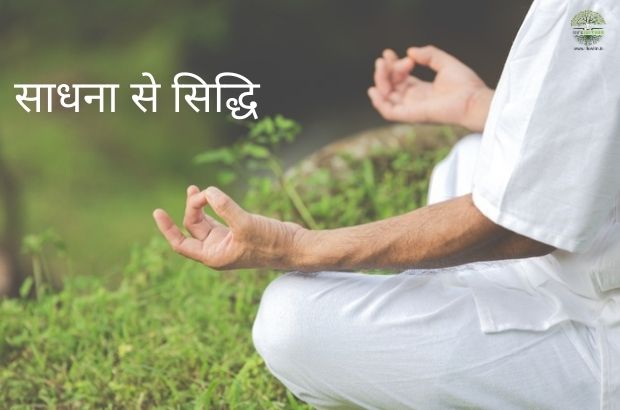Yoga, spirituality and pursuit of excellence | Somnath Sarkar
Spiritualism and materialism are mutually exclusive. It would, as such, be impossible for someone attached to the razzma...
- by Life Within Editor
- Aug 23, 2020
- 1627 views

Yoga, spirituality and pursuit of excellence:
Spiritualism and materialism are mutually exclusive. It would, as such, be impossible for someone attached to the razzmatazz of the material world to make any headway on a spiritual course whose pathways are within and need to be accessed with absolute focus and discipline. The single-minded pursuit of excellence whether in science, fine arts, performing arts, literature, sports, or any other area has a spiritual character to it akin to the doctrine of art for art’s sake. It is when the trappings of success such as wealth, arrogance, and vanity vitiate the pursuit substantively that an individual falters and loses the plot. Those who have crossed frontiers of perfection in their chosen vocations have invariably nurtured an obsessive passion and driving force that decimate all obstacles coming their way. Their credo finds expression in Swami Vivekanand’s inspirational line: “The goal may be distant but arise, awake and stop not till the goal is reached”. One is reminded of a cricket commentator’s description of a batsman’s head as being absolute “still” while stroking the ball for a magnificent boundary. Stillness, as a spiritual quality of concentration, happens to be a vital imperative for achieving excellence. Excellence in any area of human endeavor is clearly born of an inner stillness that is aligned to a higher spiritual force.
Spirituality too derives fulfillment by leveraging the inner force to perceive the world from “inside out”. In this context, Yoga, India’s gift to the world opens pathways to an inner transformation synonymous with spiritual awakening. It is a time-honored practice that awakens the inner consciousness to realities transcending the infirmities of time and space that are associated with mortality. In a developed country like the USA, more and more people are taking to Yoga in pursuit of physical and mental well-being as part of a realization that materialism offers no answers to human happiness.
The ancient Yoga Sutras of Patanjali regards Yoga as a union and subsuming of one’s individual self in the larger ocean of consciousness pervading the universe. Yoga underlines the need for self-discipline as a pre-requisite for harmonious physical, mental, and spiritual development. The modern concept of Yoga, with its accent on outer transformation, is based on asana, one of eight steps propounded by Patanjali. Asana focusses on physical fitness while preparing the body for the ‘stillness’ necessary for embarking on the inner journey. Chanting of Om while meditating or performing asanas powers the process of spiritual transformation, as this Sanskrit term, that originated from the Vedas and is linked to Hinduism, Buddhism, and Jainism represents the primordial sound of the universe. Om, thus, is the perfect bridge between the individual and universal consciousness. In its quest to align and merge the individual with the
universal consciousness, Yoga finds resonance in Pantheism. Indeed, Yoga and Pantheism appear to converge brilliantly in Coleridge’s epic work ‘The Rime of the Ancient Mariner’ wherein the mariner experiences oneness with the universe in the course of a spiritual journey to self-realization. The “painted ship on a painted ocean”, as a metaphor of stillness, forms the backdrop to self-actualization. The ocean may be interpreted as an externalization of the human mind. The mariner’s journey of self-realization from a tormented mind, at loggerheads with the universe, to an insular calmness, in harmony with the universal principle, has clearly a yogic compass.
















